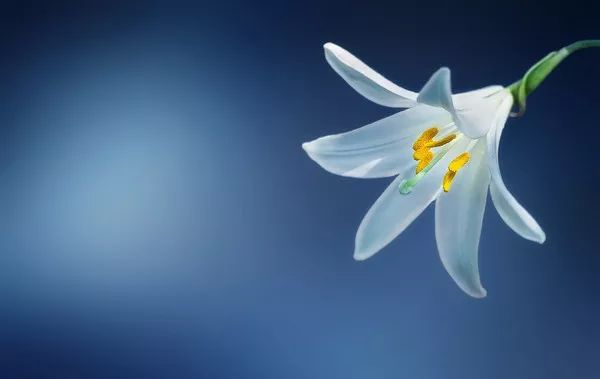A post on the Twitter account @DailyLoud raised questions about the state of Antarctica’s ecosystems, suggesting that the region’s flora might be influenced by global warming. The Twitter post, featuring a captivating image of blooming flowers, received extensive attention, with around 13.3 million views and 63,500 likes.
The accompanying caption suggested that the emergence of flowers in Antarctica could be a dire consequence of global warming. It cited Nicoletta Cannone, a professor of ecology at the University of Insubria, who noted that this phenomenon might mark the first clear evidence of accelerated ecosystem change in Antarctica due to rising temperatures.
@DailyLoud, with 2.2 million followers, identifies itself as the “#1 Source For Hip-Hop/Viral News,” but this particular post delves into the realm of climate and ecology, gaining significant public interest.
However, further scrutiny by fact-checking outlet Snopes revealed that the image was, in fact, a stock photo of flowers in Greenland, captured by Sergey Uryadnikov and available on Alamy Stock Photo for $19.99. It was also noted that the image had been horizontally flipped by the @DailyLoud account.
Community contributions in the comments section beneath the post acknowledged a partial truth to the claim – that warming in Antarctica might be influencing the growth of flowering plants. However, it was emphasized that the image was misleading and had been taken in Greenland.
The purple flowers featured in the image were identified as Moss Campion, as per iNaturalist, known to thrive in arctic, tundra landscapes throughout northern Eurasia and North America. In reality, Antarctica hosts only two known species of native plants due to its harsh conditions: Antarctic hair grass (Deschampsia antarctica), which is the southernmost flowering plant globally, and Antarctic pearlwort (Colobanthus quitensis).
Nevertheless, the study mentioned in the post by Nicoletta Cannone, titled “Acceleration of climate warming and plant dynamics in Antarctica,” is substantiated. This 2022 study discovered a remarkable expansion in the two native plant species of Antarctica, studied on Signy Island, due to global warming between 2009 and 2018. The research also revealed that reduced disturbances by fur seals, such as “crushing/flattening” and color changes resulting from urine deposition, contributed to the amplified growth of these plants.
In conclusion, while the Twitter post by @DailyLoud was miscaptioned and featured an incorrect image, the study by Nicoletta Cannone has valid findings. It indicated that global warming is indeed affecting the delicate ecosystems of Antarctica, with potential significant consequences in the future.


